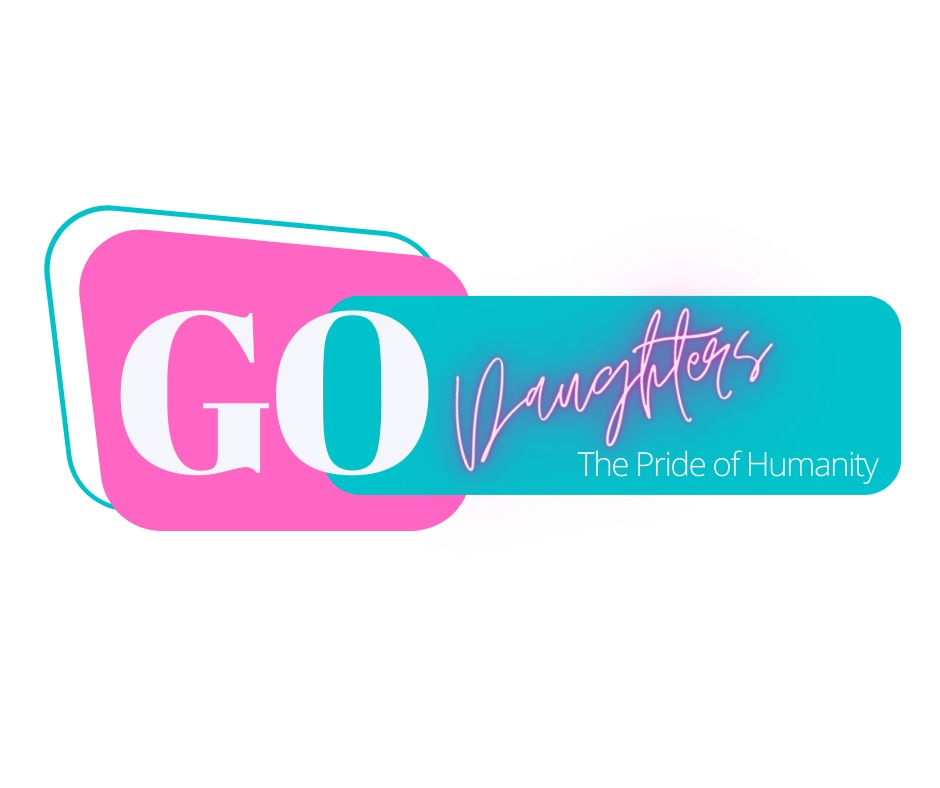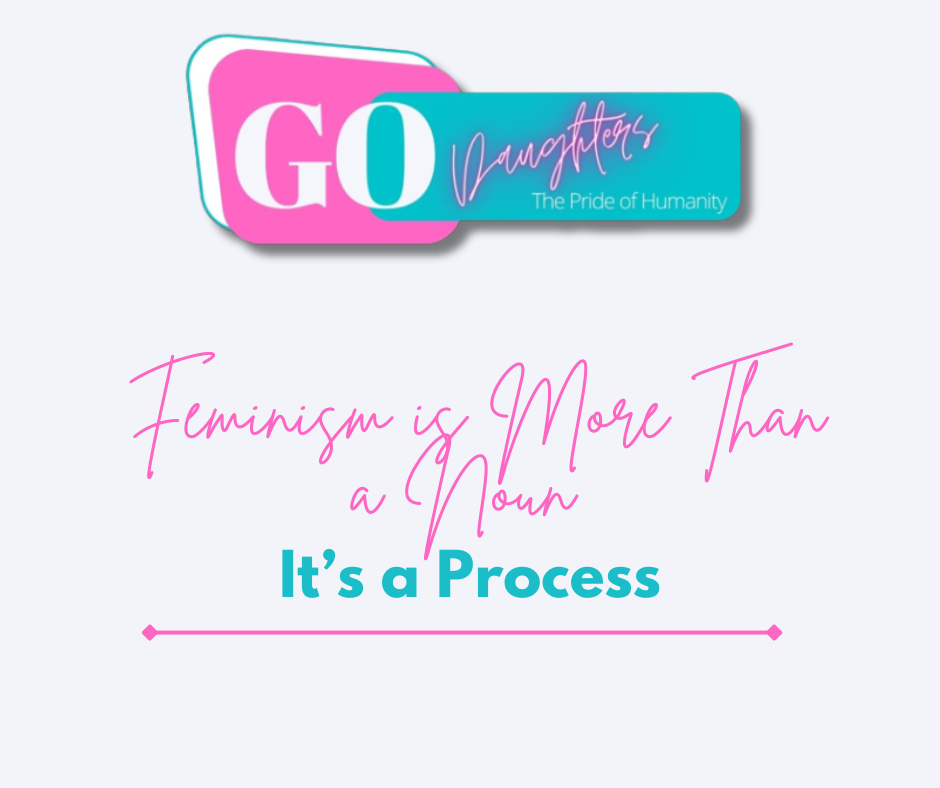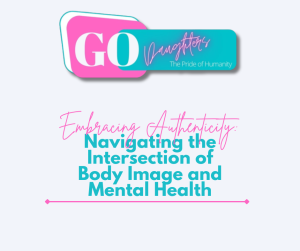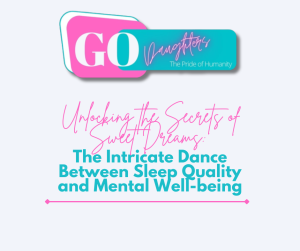
In a world where conversations around feminism often revolve around definitions and labels, it’s easy to forget that feminism is more than just a static concept — it’s a dynamic process. It’s not a box to be checked or a label to be slapped on; it’s a journey, a movement, and an ongoing fight for equality.
As a woman navigating through this world, I’ve come to understand that feminism isn’t about achieving a certain status or reaching a specific goal; it’s about constantly challenging the status quo, dismantling oppressive systems, and advocating for the rights and dignity of all individuals regardless of gender.
One of the biggest misconceptions about feminism is that it’s a one-size-fits-all ideology. But in reality, feminism is as diverse as the individuals who embrace it. It encompasses various perspectives, experiences, and struggles. It acknowledges that the intersections of race, class, sexuality, and ability significantly shape one’s experience of oppression and privilege.
Feminism isn’t just about uplifting women; it’s about dismantling the patriarchal structures that harm everyone, including men. It’s about challenging toxic masculinity and redefining what it means to be a man in society. It’s about creating a world where everyone can express themselves freely, without being confined by rigid gender norms.
The process of feminism involves constant learning and unlearning. It’s about recognizing our own biases and privileges and actively working to dismantle them. It’s about listening to marginalized voices and amplifying them. It’s about acknowledging when we’ve made mistakes and striving to do better.
Feminism isn’t always comfortable. It requires us to confront uncomfortable truths and have difficult conversations. It challenges us to examine our own complicity in systems of oppression and to take responsibility for our actions. But it’s through this discomfort that growth happens — both on a personal and societal level.
At its core, feminism is about building a more just and equitable world for future generations. It’s about creating spaces where everyone can thrive regardless of their gender identity or expression. It’s about envisioning a world where power is distributed equitably and where no one is left behind.
So, the next time someone asks, “What is feminism?” remember that it’s not just a noun — it’s a verb. It’s an ongoing process of striving for equality, justice, and liberation. It’s about the journey we’re all on together, towards a more inclusive and compassionate world. And that journey never ends.




